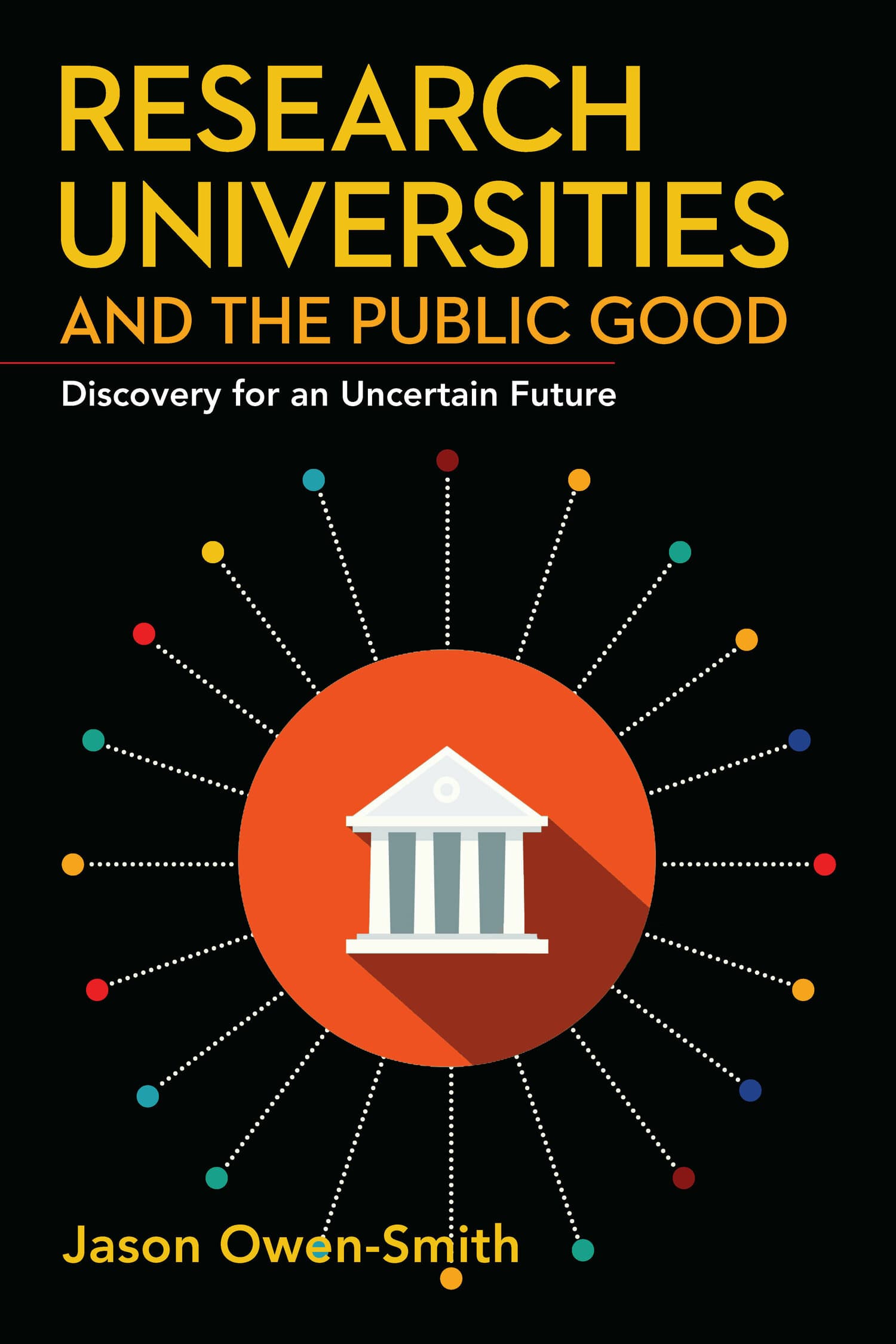The Fountain of Knowledge

Today, universities around the world find themselves going beyond the traditional roles of research and teaching to drive the development of local economies through collaborations with industry. At a time when regions with universities are seeking best practices among their peers, Shiri M. Breznitz argues against the notion that one university's successful technology transfer model can be easily transported to another. Rather, the impact that a university can have on its local economy must be understood in terms of its idiosyncratic internal mechanisms, as well as the state and regional markets within which it operates.
To illustrate her argument, Breznitz undertakes a comparative analysis of two universities, Yale and Cambridge, and the different outcomes of their attempts at technology commercialization in biotech. By contrasting these two universities—their unique policies, organizational structure, institutional culture, and location within distinct national polities—she makes a powerful case for the idea that technology transfer is dependent on highly variable historical and environmental factors. Breznitz highlights key features to weigh and engage in developing future university and economic development policies that are tailor-made for their contexts.
"Breznitz makes an important contribution to our understanding of the factors affecting the rise of the entrepreneurial university. Given untapped intellectual, social, and financial capital, the exercise of concerted academic leadership can turn an ivory tower into an engine of local economic development in less than a decade. Read on and discover how."—Henry Etzkowitz, Institute of Triple Helix Innovation
"This book provides two in-depth case studies of the intricacies of technology transfer, the functioning of the office, and its relationship to the larger university—all embedded in regional and national context. This analysis increases our understanding of how location interacts with a university's capacity to produce the outcomes that are important to economic growth and development."—Maryann Feldman, University of North Carolina at Chapel Hill
"At a time when we are questioning the ROI of universities, this book pulls back the covers to help everyone understand the critical roles that these institutions can play in our economy. Ease of navigation and transparency are lessons that all universities should take seriously. This book underscores why the implementation of those ideals is not for the faint of heart."—Lesa Mitchell, Vice President, Ewing Marion Kauffman Foundation
"This lucid presentation unpacks the complexity of two famous universities' journey toward technology commercialization with a goal of local economic impact. Linking local geographies with organizational paths, this book reveals how the relationships among organizational structure, technology commercialization strategy, and local economic development remain unclear and unquantifiable."—Sharmistha Bagchi-Sen, SUNY Buffalo




